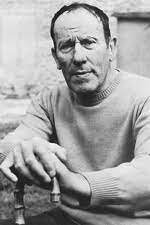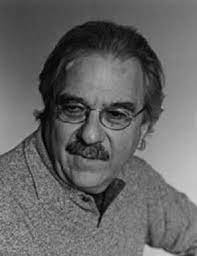The stones pressed against one another in the ramparts; off the moss of these stones men existed. Night carried a rifle and women would no longer give birth. Ignominy looked like a glass of water.
I am bound to the courage of several people; I’ve lived violently, without aging, my mystery among them. I have shuddered at the existence of all others like an incontinent boat about the segmented depths.
Faction du Muet
Les pierres se serrèrent dans le rempart et les hommes vécurent de la mousse des pierres. La pleine nuit portait fusil et les femmes n’accouchaient plus. L’ignominie avait l’aspet d’un verre d’eau.
Je me suis uni au courage de quelques êtres, j’ai vécu violemment, sans vieillir, mon mystère au milieu d’eux, j’ai frissonné de l’existence de tous les autres, comme une barque incontinente au-dessus des fonds cloisonnés.






